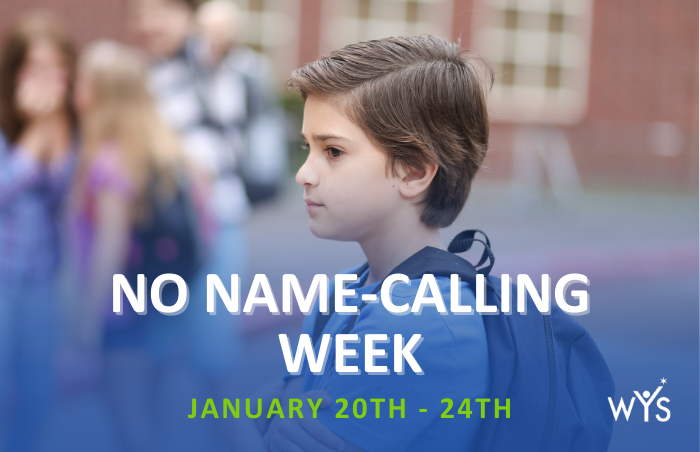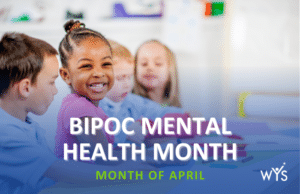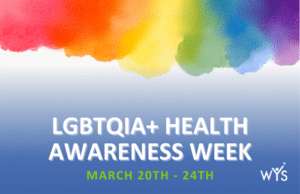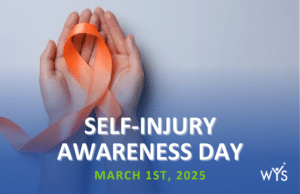
Every January, No Name-Calling Week reminds us of the power of words and the importance of creating safe, inclusive spaces for all young people. This initiative sheds light on the harmful effects of bullying, particularly verbal abuse, while also providing an opportunity to teach youth about respect, kindness, and empathy.
Understanding How Bullying is Experienced
Bullying can present in various forms such as: physical aggression, social exclusion, online harassment, and verbal abuse. According to a 2021 study, nearly 20% of students report being bullied on school property, with verbal harassment being the most common form. For many young people, these experiences lead to anxiety, depression, and a decrease in academic performance.
The Effects on Youth
Bullying doesn’t just cause harm in the moment; it can create long-term challenges for young people. Victims of bullying often experience:
- Lower self-esteem and confidence.
- Increased risk of mental health issues, including anxiety and depression.
- Difficulty forming trusting relationships.
Bullying also impacts communities, not just individuals. Youth who bully others or are bullied themselves are more likely to disengage from school and face challenges later in life.
Identifying and Addressing Bullying
Parents, educators, and community leaders play a critical part in recognizing and addressing bullying. Here are some bullying prevention strategies to keep in mind:
- Recognize the signs: Look for changes in behavior, such as withdrawal, unexplained injuries, or unwillingness to attend school.
- Encourage open communication: Create a safe space for youth to share their feelings and experiences without fear of judgment.
- Intervene in a timely manner: Address bullying incidents as soon as they occur to prevent escalation and future incidents.
- Model respectful behavior: Demonstrate kindness and empathy in your day-to-day interactions.
Bullying Prevention and Intervention Training
Western Youth Services empowers our community with essential tools to prevent and address bullying through our Bullying Prevention and Intervention Trainings—during No Name-Calling Week and year-round. These trainings help educators, parents, and community members recognize, address, and prevent bullying in schools.
At WYS, we collaborate to produce the Behavioral Health Training Collaborative (BHTC) and Prevention and Intervention Trainings. Western Youth Services, along with four local partners, form the (BHTC). This initiative provides free mental health and wellness trainings with focuses on topics like; healthy coping skills for stress and anger management, understanding adverse childhood experiences (ACEs), trauma-informed care and so much more.
These evidence-based programs provide:
- Practical techniques for recognizing and addressing bullying.
- Strategies to create inclusive and supportive environments.
- Tools to empower youth to stand up against bullying in a safe, yet constructive way.
Whether you’re an individual, family member, community group, school, agency, or professional seeking training or continuing education, we have options tailored to your needs. For more information or to register for training, click here.
Join Us in Making a Difference
This year for No Name-Calling Week, help us create a future where kindness is the norm, and every young person feels seen and supported. Small actions today can lead to a world of difference tomorrow.
For more information on our bullying prevention training and how you can get involved, visit Western Youth Services.
If your child or a young loved one is struggling with a mental health concern, we encourage you to reach out to a mental health professional or to contact an Access Coordinator at Western Youth Services by sending an email to gethelp@westernyouthservices.org or by calling us toll-free at 888-312-0406.
Orange County, State and National resources can be found on our site here: https://www.westernyouthservices.org/resources/.






